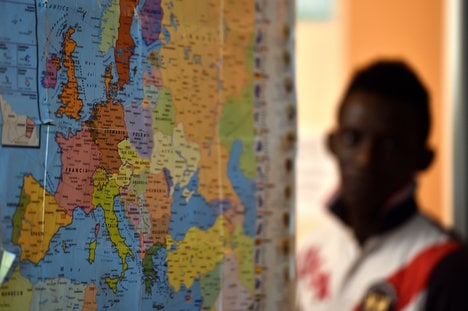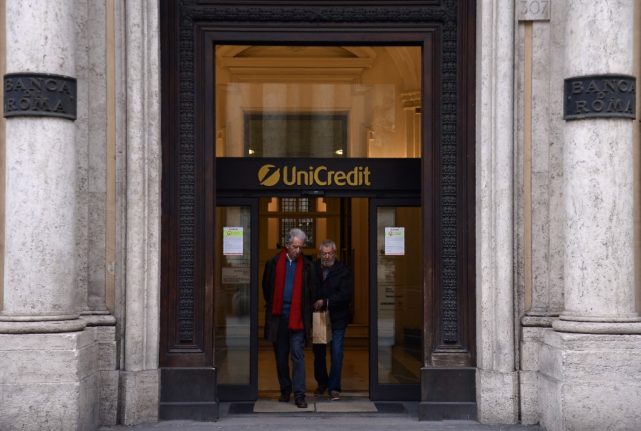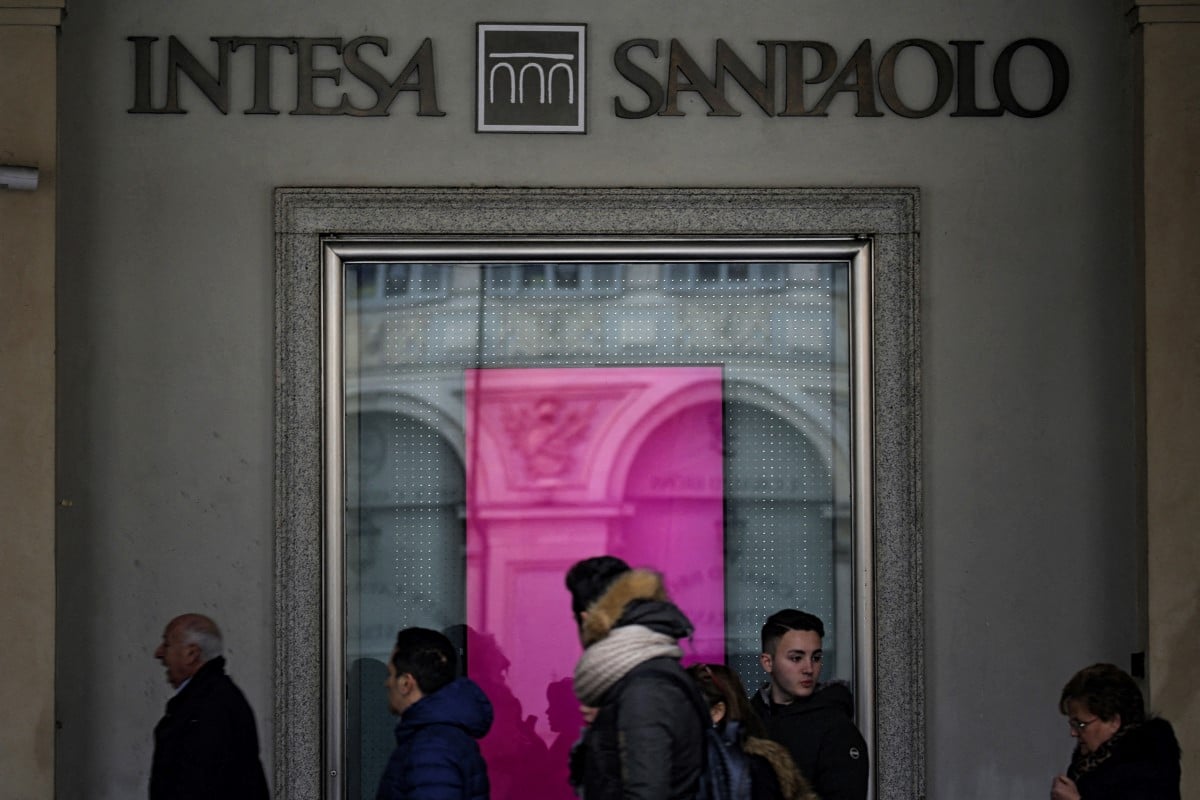Kumar Rakesh is an immigrant who has been living in Italy since 2000, and runs an internet cafè in Rome. Every month he sends money back to his family in the Punjab region of India, near Pakistan.
“Once we are old enough, we need to earn enough money to support our family,” he told The Local.
“Here you can earn €1,000 a month but there it's almost impossible. It's not that prices are different, sugar and petrol cost almost the same,” he added, underscoring the need to send money home.
Immigrants in Italy sent €9.2 billion to family and friends back home in 2014, according to figures from the International Fund for Agricultural Development (Ifad).
The country accounts for almost 10 percent of the €97 billion remittances sent from Europe, and has the fifth highest figure in Europe, behind Russia, the UK, Germany and France, according to the report.
Of the amount sent by foreign workers in Italy, €2.93bn went to Africa, €2.75bn to Asia Pacific, €2.66bn to remittance receiving European neighbours like Romania and Albania, €0.8bn to Latin America and the Caribbean and $0.09bn to the near east and Caucasus.
The money sent by immigrants like Rakesh provides a valuable lifeline for people living in unstable countries. Remittances pull people out of poverty and provide funds for budding entrepreneurs, to promote development.
Not only are total global remittance payments worth more than global aid, they are growing faster than overseas development aid too. The vast majority of remittance payments are regular and continuous, so therefore provide a much more reliable source of income than foreign direct investment.
According to figures from the UN's High Commissioner for Refugees (UNHCR), some 54,000 asylum seekers have arrived in Italy since the start of the 2015.
Some stay, but many move to other countries, where they hope to find everything denied to them amid the political turmoil in their homelands.
In 2014, the Italian government granted residency permits to 20,600 asylum seekers who chose to rebuild their lives in Italy, a figure that is 27 percent higher than it was in 2013.
These immigrants will play a central role in rebuilding their own countries through the money they send back home.
Given the importance of remittance payments in rebuilding war-torn and unstable areas, recent political infighting between northern and southern regions of Italy, as well as between neighbouring EU countries over migrant quotas, would seem misplaced.
The sooner migrants can find work and send money home, the quicker the situation will improve for everybody.
But this is no easy feat. It can take years for immigrants to find jobs, as they are slowed down by bureaucracy. When their papers finally arrive, Italy's sluggish economy prevents them from finding well paid work.
It's little wonder they are are heading north, drawn by the promise of stable, well-paid employment.
Those who stay struggle to integrate and seldom belong to the Italy where tour guides lead groups through cobbled streets.
They belong to a second Italy, which can be seen down side-streets or at the edge of piazzas. The places where African and Indian immigrants work in small businesses or sell souvenirs to tourists.
These two sides to Italy meet at Rakesh's internet cafè. Here, American gap-year students call home while migrant workers send payments back to their families using money transfer services.
At one computer sits Gallo, 27, an immigrant from the Senegal. He has been in Italy for five years and is still looking for work, in spite of being a trained glass-maker.
He said people send money home to help their families, but like Rakesh, he suggests that remittances are not some sort of economic panacea: “It depends where they are – if they're in the city then €50 is nothing. If they live in the country it's worth a lot more,” he told The Local.
Five years sounds like a long time. Is it not easy to find work in Italy? Gallo smiles.“It takes up to a year and a half to get your papers, and then maybe you need to retrain to find a job.
“As soon as I have the chance to get out of here I'll go – I won't even think about it.”





 Please whitelist us to continue reading.
Please whitelist us to continue reading.